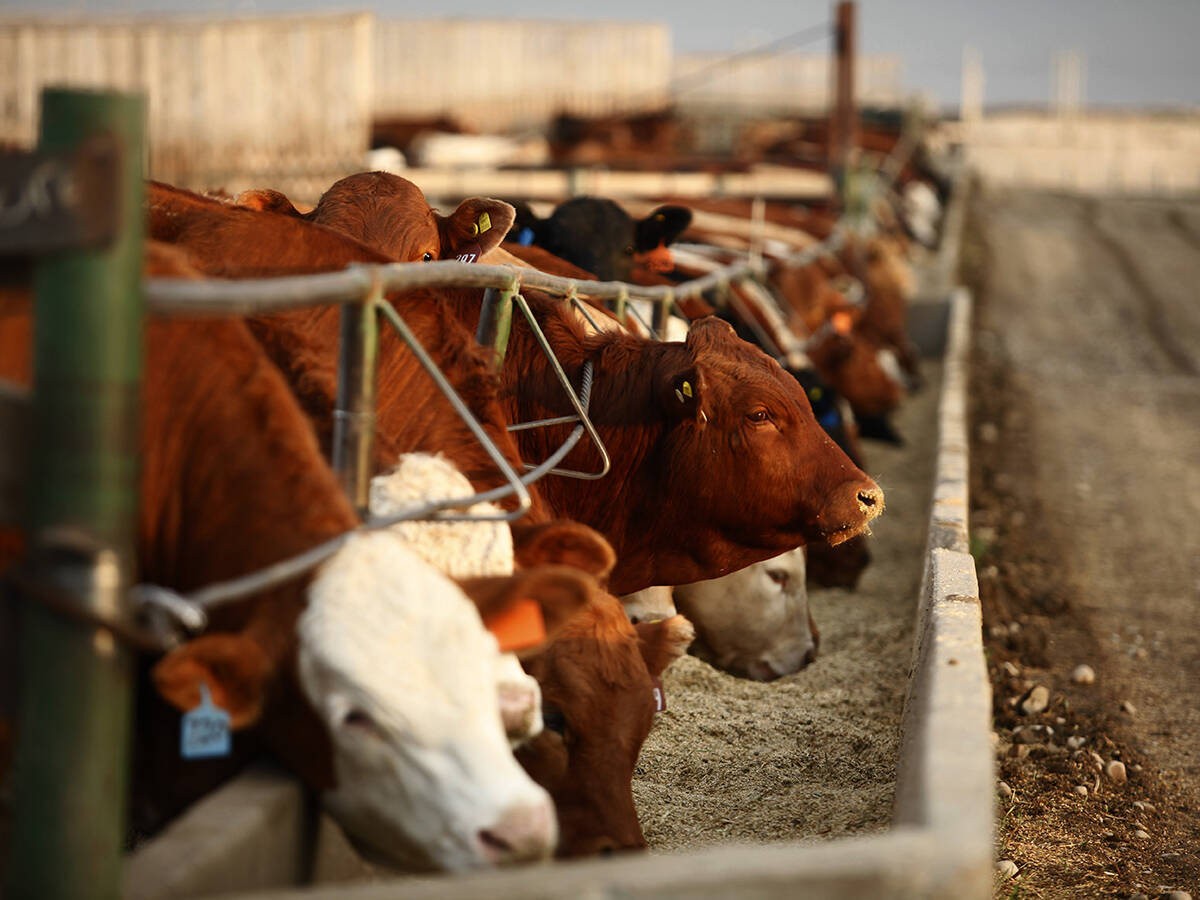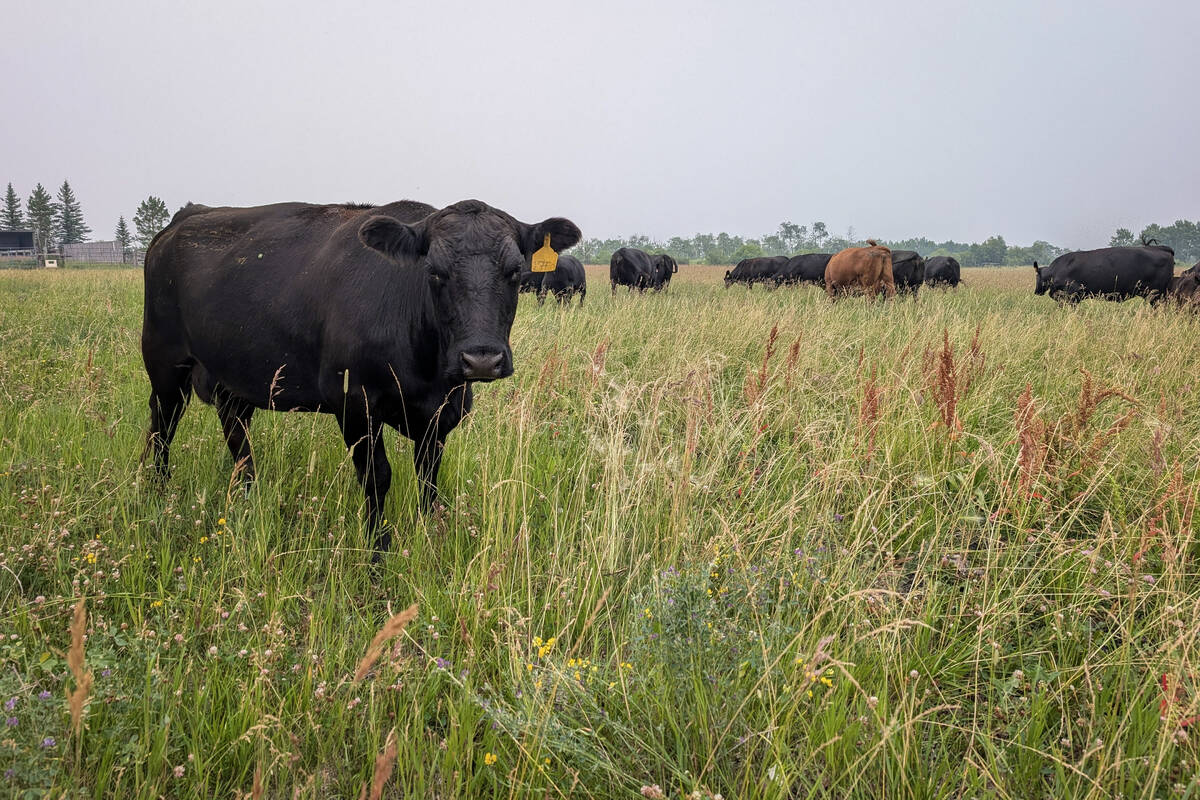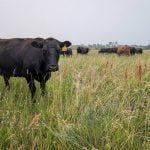The Canadian Cattle Association (CCA) is asking the federal government to end a controversial trade agreement between Canada and the U.K. based on what the association says are “non-tariff barriers” keeping Canadian product off U.K. shelves.
WHY IT MATTERS: Mismatches between Canadian and European regulations have seen the same market access issues rise repeatedly across recent trade deals, from CETA to Canada’s bilateral deal with the U.K., to the U.K.’s pitch to join the CPTPP.
An Oct. 23 CCA news release called for the end of the Canada-U.K. Continuity Agreement, which was set up in 2021 in the wake of Brexit.
Post-separation from the EU, however, the U.K. still had regulations on the books that echoed European rules that had already proven to be a sticking point with Canadian meat industries. CETA, Canada’s European trade deal, had initially promised big gains for sectors like pork and beef. Years later though, that market access hadn’t materialized, held back by issues like carcass washes common in Canada, but that were not approved in Europe.
Read Also

New opportunities for Canadian goods in Mexico
Agriculture minister’s trip to Mexico sees promotion of Canadian goods like beef and canola, with potential for more partnerships in the future
The Canadian government has since sought to revise the bilateral agreement with the U.K., but talks stalled.
The U.K.’s bid to join the Comprehensive and Progressive Agreement for Trans-Pacific Partnership (CPTPP) further raised the temperature of the issue. Canada’s red meat sector urged the federal government to resist the U.K.’s membership, arguing that, with access issues revealed under CETA yet to be addressed, the U.K.’s CPTPP membership would repeat history. The CCA, Canadian Meat Council, National Cattle Feeders’ Association and, later, the Canadian Pork Council, formed the “Say no to a bad deal” initiative to lobby on the issue.
Now, the CCA is again accusing the U.K. of failing to address those barriers keeping Canadian meat out of the U.K. market, even as it retains access to Canada’s.
Regulation dissonance
The dispute — from the U.K. side — is primarily over peroxyacetic acid, an anti-microbial Canada uses on meat carcasses to prevent E. coli.
“In July 2023, the Government of Canada announced the accession of the U.K. to the CPTPP (Comprehensive Progressive Agreement for Trans-Pacific Partnership) agreement,” the CCA’s recent release reads. “CCA, our provincial members, and beef producers across the country urged Canada to ‘say no to a bad deal.’
“Since then, the U.K. has not made any effort to address the non-tariff barriers that are keeping Canadian beef out of the U.K. market. At the same time, U.K. beef imports into the Canadian market have increased from $16.6 million in 2023 to $42.5 million in 2024.”

The Canadian Cattle Association argues that U.K. beef imports to Canada have surged, but regulatory issues have kept Canadian beef trade from growing the other direction. Photo: Canada Beef
CCA president Tyler Fulton added that, “We are calling on all parliamentarians to stand up for Canadian beef producers. In these uncertain geopolitical times, we need every opportunity to diversify our markets.”
Another big wedge in negotiations has been the U.K.’s ongoing application of the EU’s hormone-use ban on Canadian meat, despite a World Trade Organization ruling against it in 1997.
“In addition, the U.K. refuses to recognize full systems approval for our meat hygiene system, which is recognized as world class,” continued the release.
The continuity agreement’s Sanitary and Phytosanitary Measures (SPS) enables the rights of both parties to take the necessary measures to protect against risks to food safety, animal or plant life or health, the CCA said.
However, it also requires the measures be “science-based, transparent and applied only to the extent necessary to protect human, animal or plant life’ so as not to create ‘unnecessary and unjustifiable’ SPS-related trade restrictions.”

















